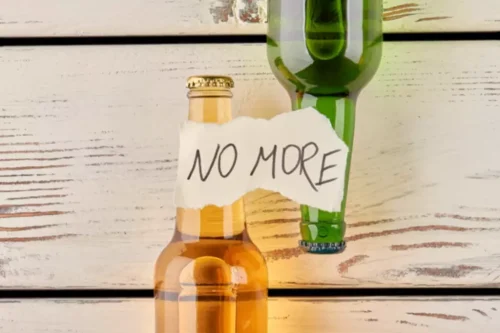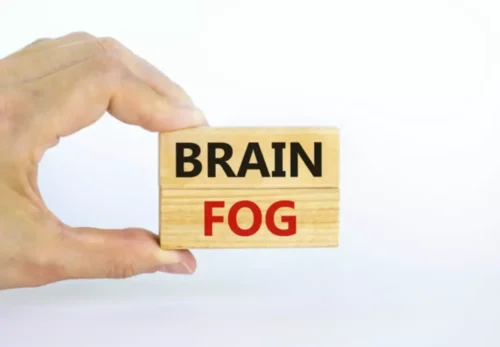
Many people believe that living with diabetes means opting out of certain foods and beverages entirely. If you’re wondering whether or not it’s still possible to enjoy a beer when you have diabetes, the answer is yes—but it’s important to know how to do so safely. Elevated levels of those compounds can cause nausea, vomiting, impaired mental functioning, coma, and even death. Ketoacidosis is caused by complete or near-complete lack of insulin and by excessive glucagon levels. Among their many functions, insulin and glucagon regulate the conversion of fat molecules (i.e., fatty acids) into larger molecules (i.e., triglycerides), which are stored in the fat tissue.
Is drinking alcohol with diabetes dangerous?
If you have high blood pressure or nerve damage from your diabetes, drinking alcohol may worsen these conditions. A small 2016 study also found that people who drank diet sodas had increased blood sugar levels and waist circumference. This combination can wreak havoc on your blood sugar and increase your risk for weight gain. You can check nutrition labels to avoid choosing kombucha products with added sugars.
- It’s crucial to know the number of carbohydrates you consume and how they may affect your blood sugar.
- This can lead to your blood having too much sugar, a state called hyperglycemia, which can damage organs and body tissues.
- Alcohol intake significantly increases the risk of hypoglycemia (low blood sugar levels).
Alcohol’s Effects on Complications of Diabetes

Be sure to eat a meal or snack containing carbohydrates if you are going to drink alcohol. Further, the authors stated that people with higher insulin levels at the beginning of the study may have already had metabolic issues not related to their intake of sugar-free sodas. On average, 1 can has a whopping 40 grams of sugar and 150 calories, according to the ADA. Drinking coffee might help lower your risk of developing type 2 diabetes by improving sugar metabolism over time, according to a 2018 review of studies. A large 2021 cohort study of more than half a million Chinese people suggests that daily consumption of green tea may lower the risk of type 2 diabetes. Drinking moderately in accord with the recommended guidelines, should definitely not be ruled out.
- Timing may also be an issue, as hypoglycemia can strike hours after your last drink, especially if you’ve been exercising.
- Some alcoholic drinks are worse than others when you have type 2 diabetes.
- Aside from having a low carb content, red wine may lower the risk of diabetes-related complications if consumed in moderation.
- When you drink alcohol, your liver needs to break down the alcohol.
- According to the American Heart Association, red wine contains antioxidants, which are compounds in certain foods that help prevent cell damage.
Always test blood sugar before having an alcoholic beverage
- Both the depletion of glycogen and diminished gluconeogenesis lead to lower blood sugar levels.
- For example, drinking can make you more likely to have a hypo, because alcohol interferes with your blood sugar levels.
- Detailed analyses demonstrated that although the glucagon and epinephrine responses to hypoglycemia were unaffected, the growth hormone and cortisol responses were reduced after alcohol consumption.
- In a milder form, ketoacidosis may even occur in people who are fasting.
Often alcohol is mixed with fizzy, sugary drinks that can impact on blood sugars. 1The prefix “hyper-” always indicates higher than normal levels of a substance, whereas the prefix “hypo-” indicates lower than normal levels. The suffix “-emia” refers to the levels of a substance in the blood. Thus, hyperinsulinemia refers can diabetics get drunk to higher than normal insulin levels in the blood, whereas hypoglycemia refers to lower than normal glucose levels in the blood. Also, ask your health-care professional whether it’s safe for you to drink alcohol, and tell your physician about your alcohol consumption before he or she prescribes a diabetes medication.

Alcohol’s Effects on Blood Sugar Levels of Diabetics



